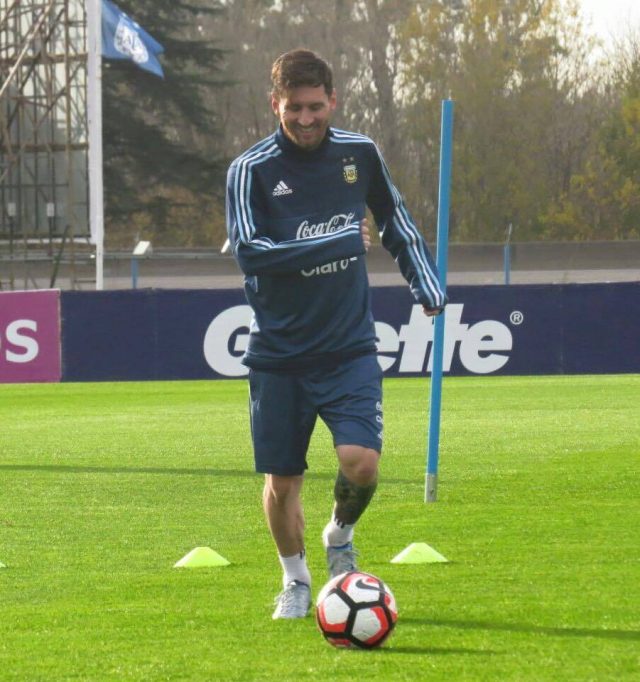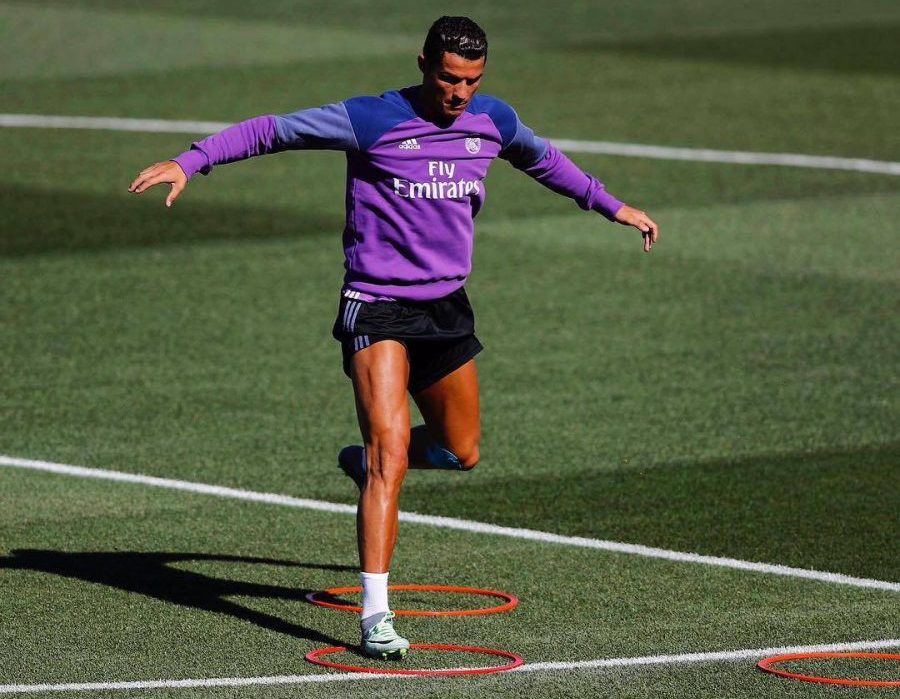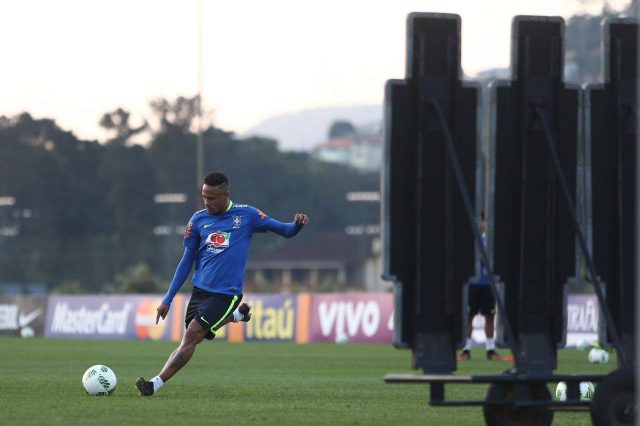Time and experience - two elements that coaches and trainers tell players they need in order to become more intelligent in soccer. The more time you s
Time and experience – two elements that coaches and trainers tell players they need in order to become more intelligent in soccer. The more time you spend playing soccer the more experience you will have in challenging situations. Challenging situations will require the player to adapt and learn how to respond to the given situation. The problem: this is only half-true.
Take, for example, 1 v 1 attacking which is a common challenge amongst young soccer players. The more time and experience players have with 1 v 1 attacking the quicker they will learn and develop techniques and tactics for beating defenders in 1 v 1 situations.
However, this is only half the equation. The key lies in what psychologists call “deliberate practice” – or, more quality and cognizant practice. In a 2003 study conducted by The School of Human Movement Studies at The University of Queensland researchers found that players who practiced sport-specialized training were more likely to be proficient than those who chose broader sport practice.
This means players who face more specific challenges having to react to the demands of a sport are more likely to develop cognitive retention, using failure and corrective movement as tools to mental development. When players do make mistakes in practices and individual training it should be looked at as mental development points, and trainers and coaches should encourage players to continue new tricks and tactics and not to give up.

Recent studies have linked agility training to mental development and decision making. Ian Jeffreys explains this further in his article A Task-Base Approach to Developing Context-Specific Agility.
“To perform well in sport, the brain has to develop optimal synaptic linkages that directly link the areas responsible for the decision making processes with those involved in optimizing the physical responses.” (Jeffreys, 2013)
What is synaptic linkage? It is the signal between neurotransmitters in the brain that drive physiological actions. The more often an action is performed, the stronger the signal grows between neurotransmitters
Consistent and repeated movement may help players develop necessary synaptic linkages to carry over into a game. To help players develop necessary synaptic linkages use soccer specific agility movements that are done with and without a soccer ball, and with and without defensive or offensive pressure. Drills could include movements through an agility ladder while incorporating dribbling or passing, and eventually adding a defender.
Along with the ability to perform better, players could also expect to develop more precise and quick brain function. This is supported by research done on the difference between agility training (AT) and physical training (PT) by Dr. Jynette Lennenmann et al, and published in the Journal of Strength and Conditioning Research.
“The primary findings show that 6 weeks of AT resulted in significant within-group performance improvements in cardio-respiratory capacity, physical agility, sustained attention, and working memory (both in accuracy and speed), although 6 weeks of traditional PT did not.”- Lennemann et al, 2013
The more a player practices specific agility movements that occur in games, the more the player’s accuracy and speed in decision making will increase.
However, for agility drills to have a profound effect on the body and memory they need to be conducted daily. So find yourself a speed and agility ladder, put in the time, gain the experience and begin your steps to becoming a smarter soccer player.
References
Lennemann, Lynette M., Sidrow, Kathryn M., Johnson, Erica M., Harrison, Catherine, R., Vojta, Christopher N., Walker, Thomas B. The Influence of Agility Training on Physiological and Cognitive Performance. Journal of Strength and Conditioning Research. National Strength and Conditioning Association. 2013. Page 3307. http://www.h360g.com/wp-content/uploads/2015/11/The-Influence-of-Agility-Training-on-Physiological-10.pdf
Jeffreys, Ian. A Task-Based Approach to Developing Context-Specific Agility. National Strength and Conditioning Association. 2011. Page 55 https://www.nsca.com/uploadedFiles/NSCA/Resources/PDF/Certification/Quizzes/Quiz_Pack_Articles/August_2011_33.4.pdf
Baker, Joseph, Cote, Jean. Sport-Specific Practice and the Development of Expert Decision-Making in Team Ball Sports. Journal of Applied Sports Psychology. 2003. Page 13

